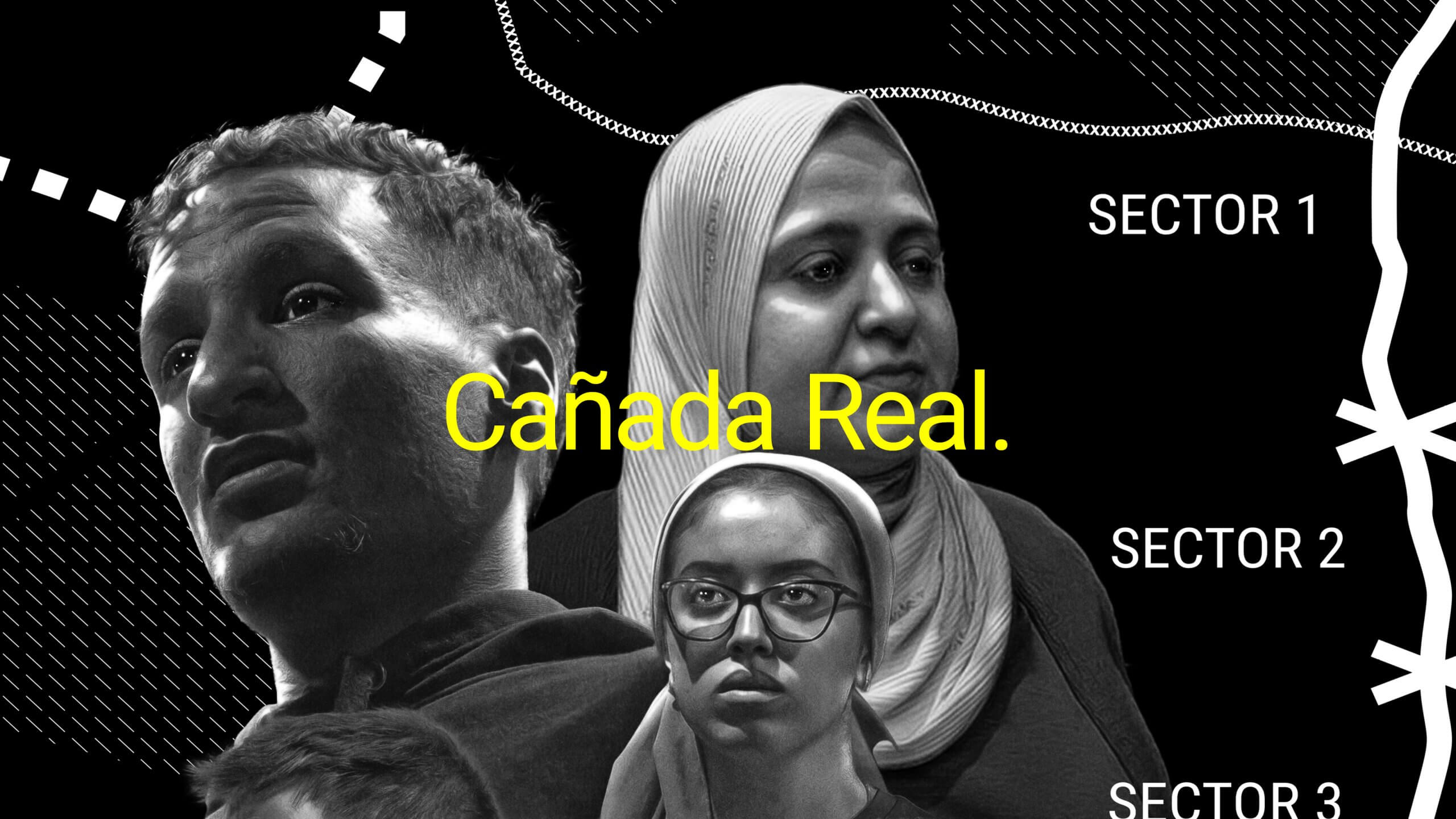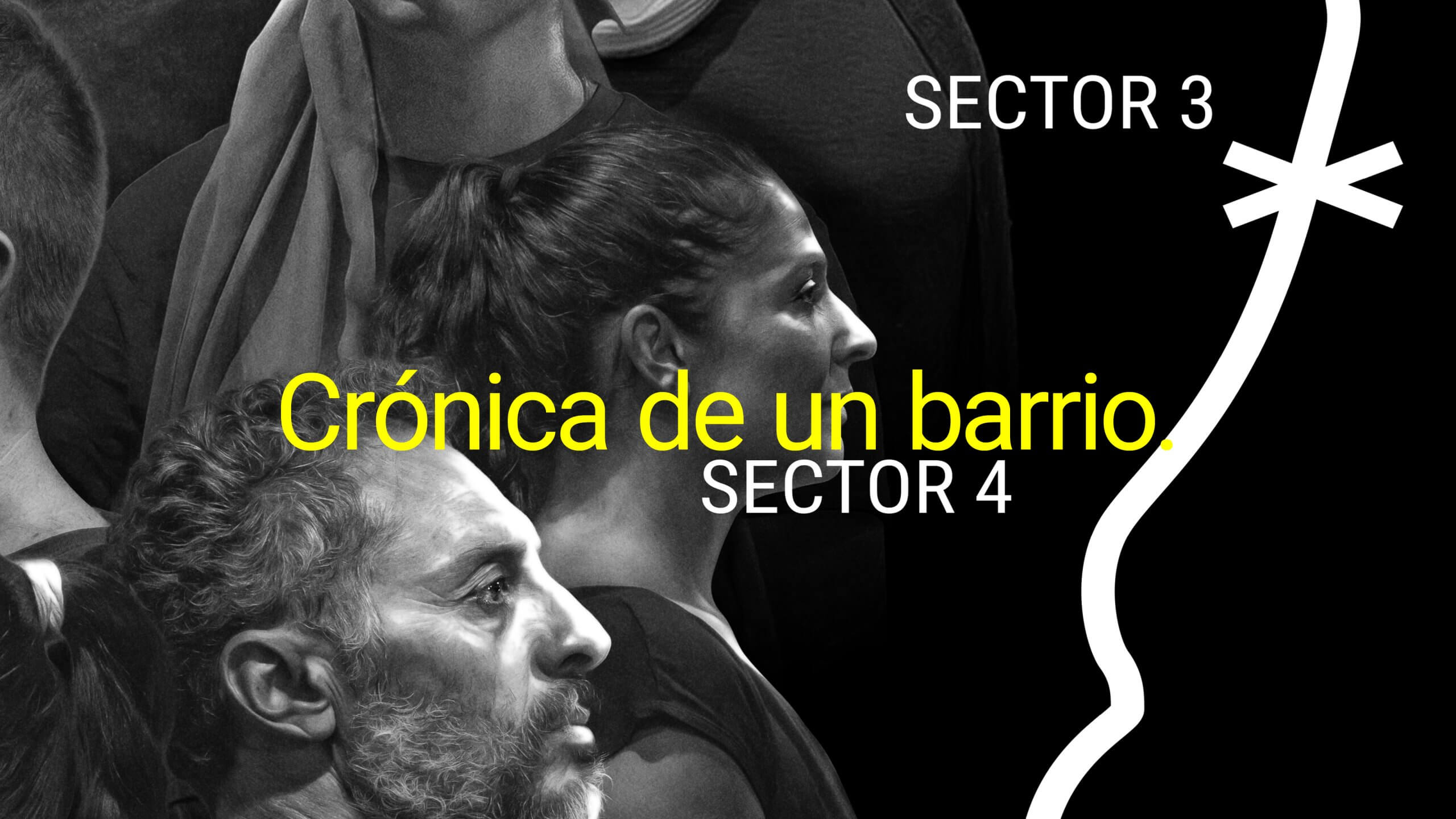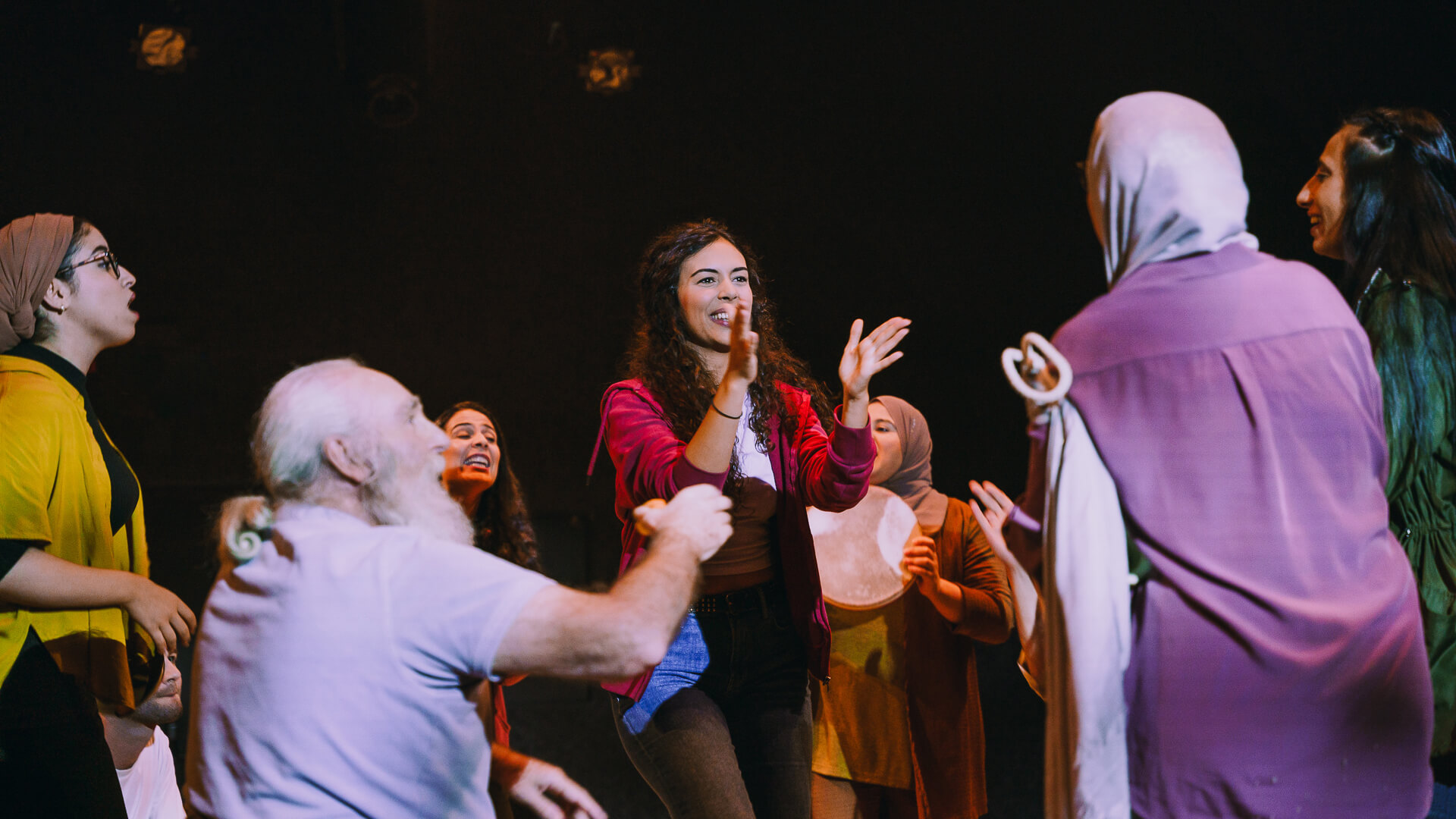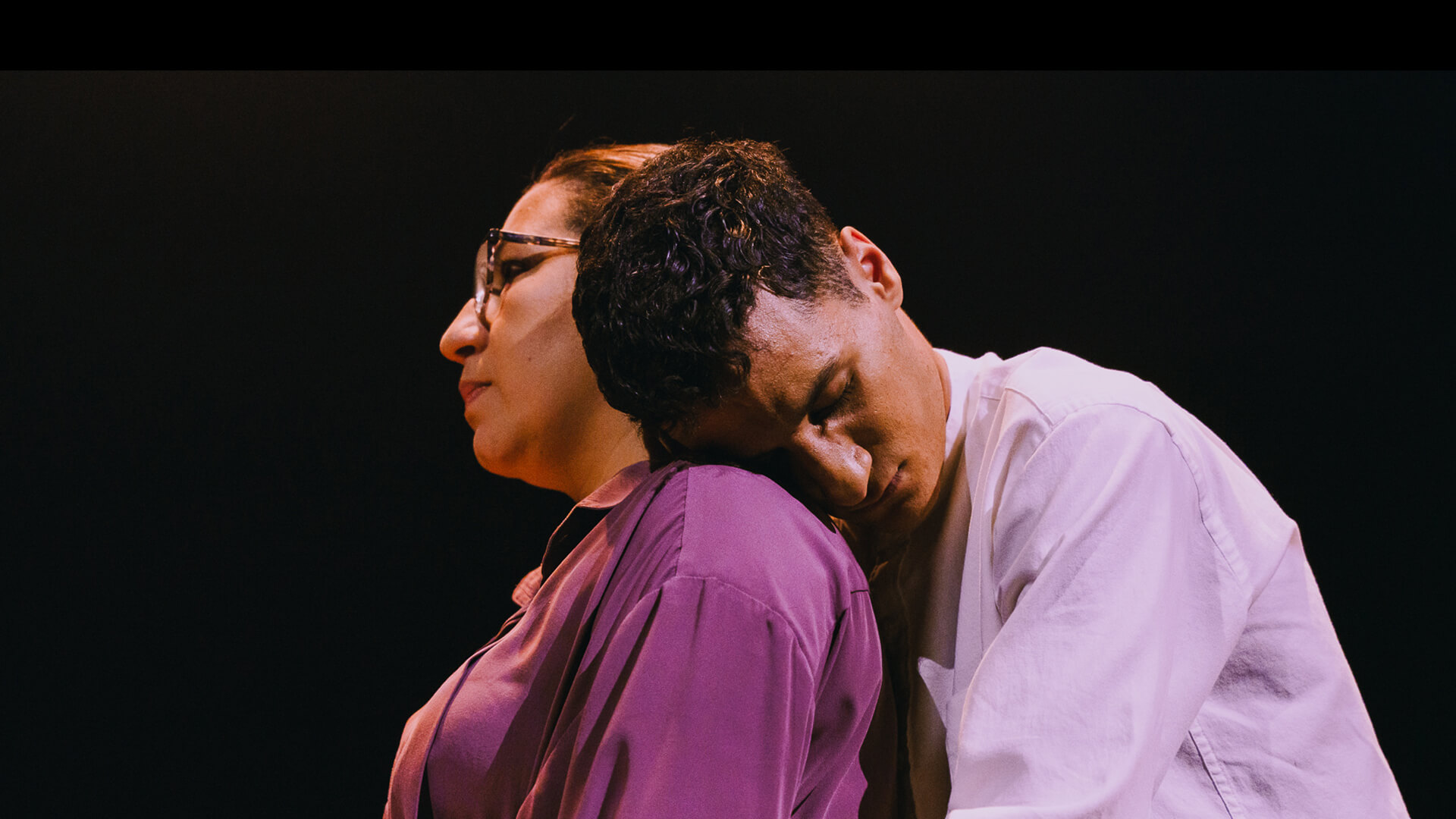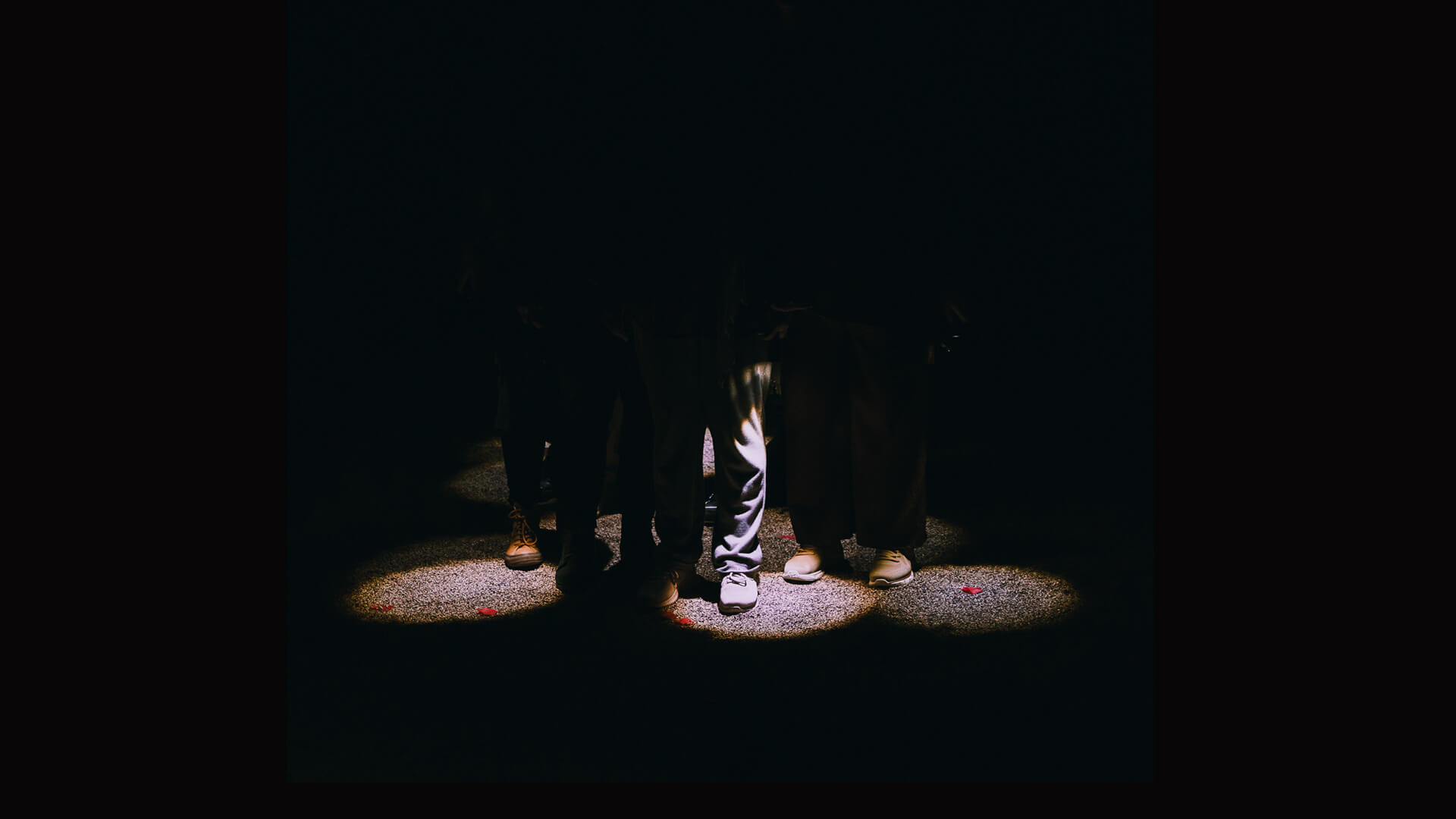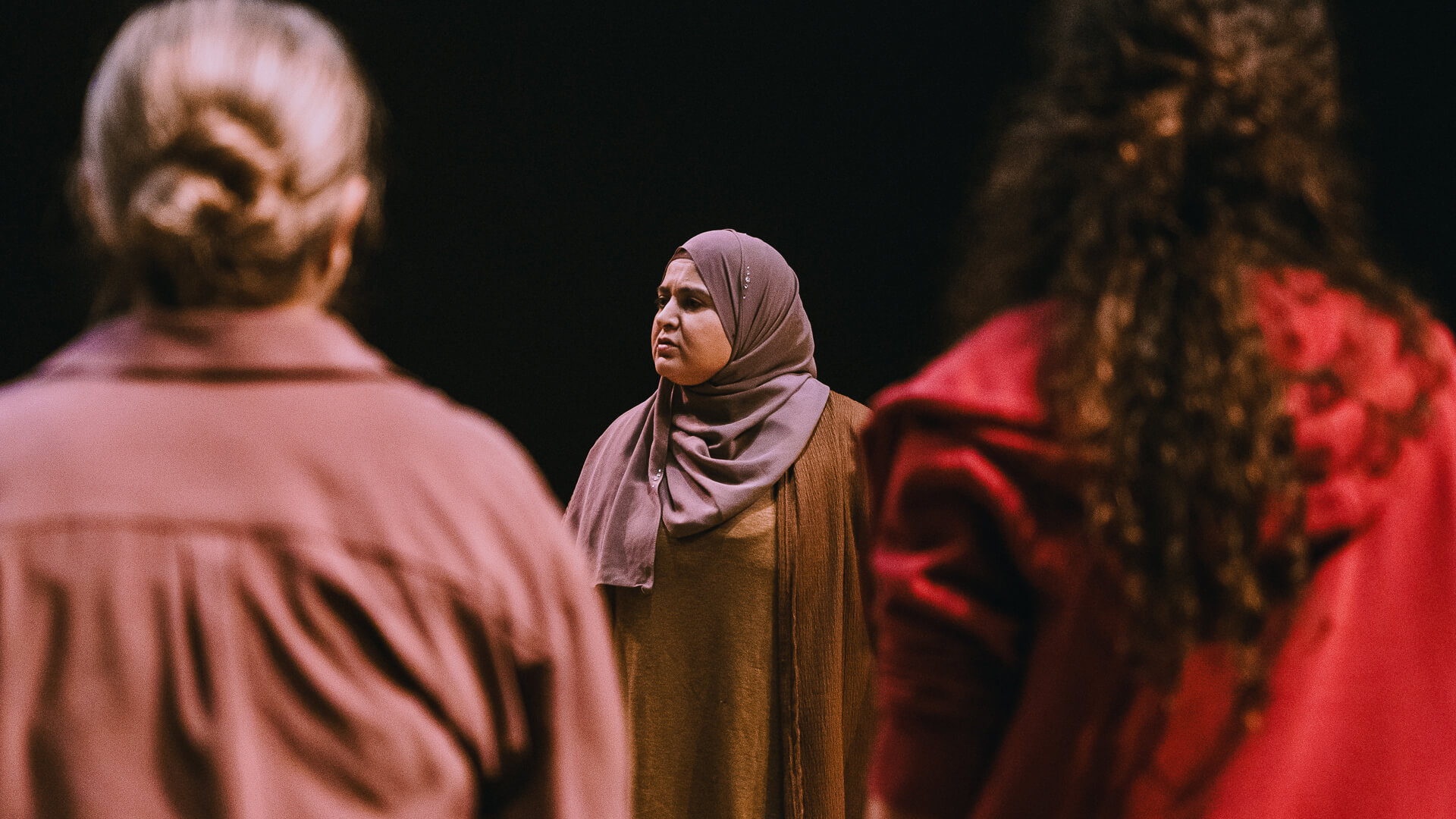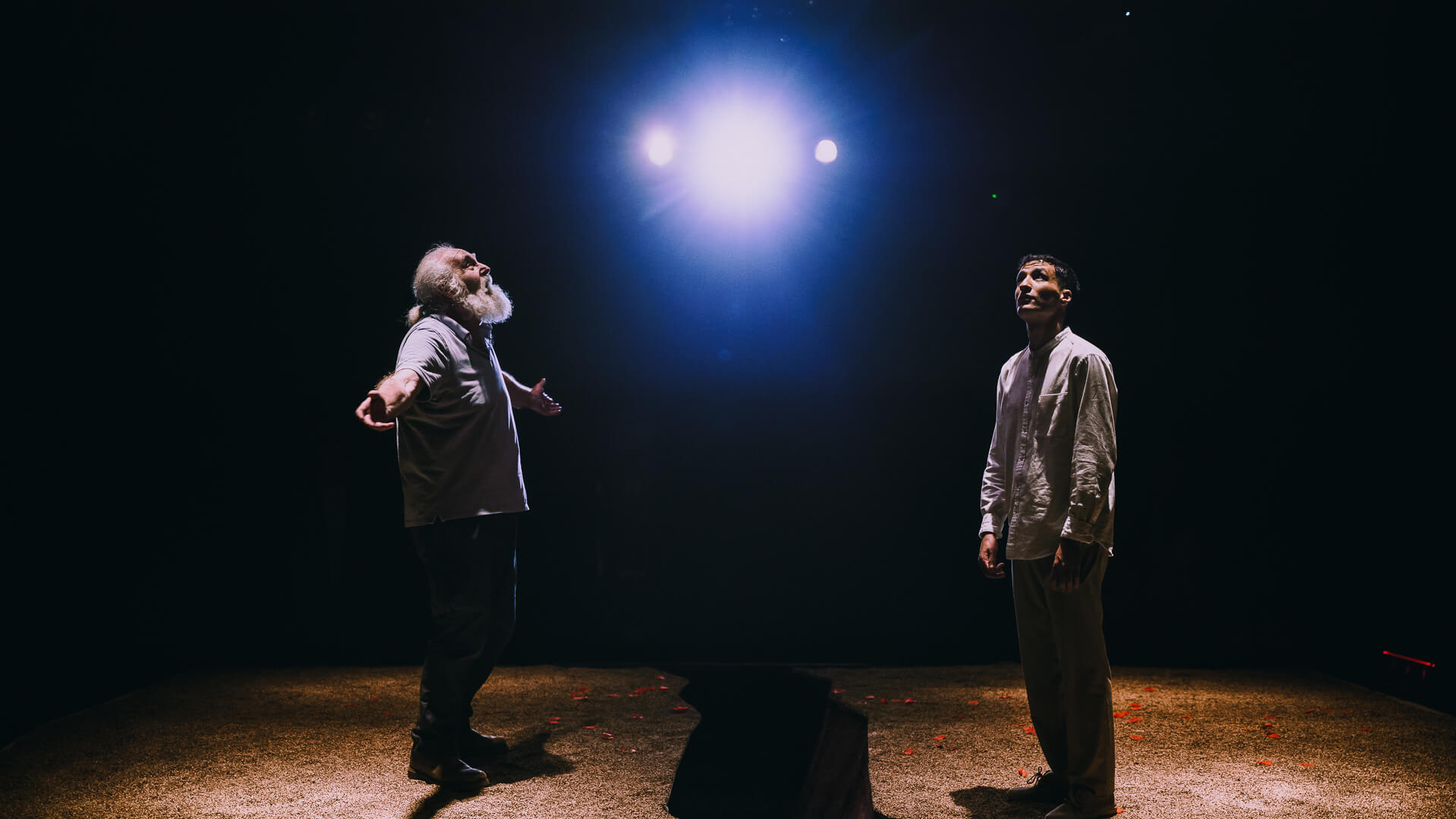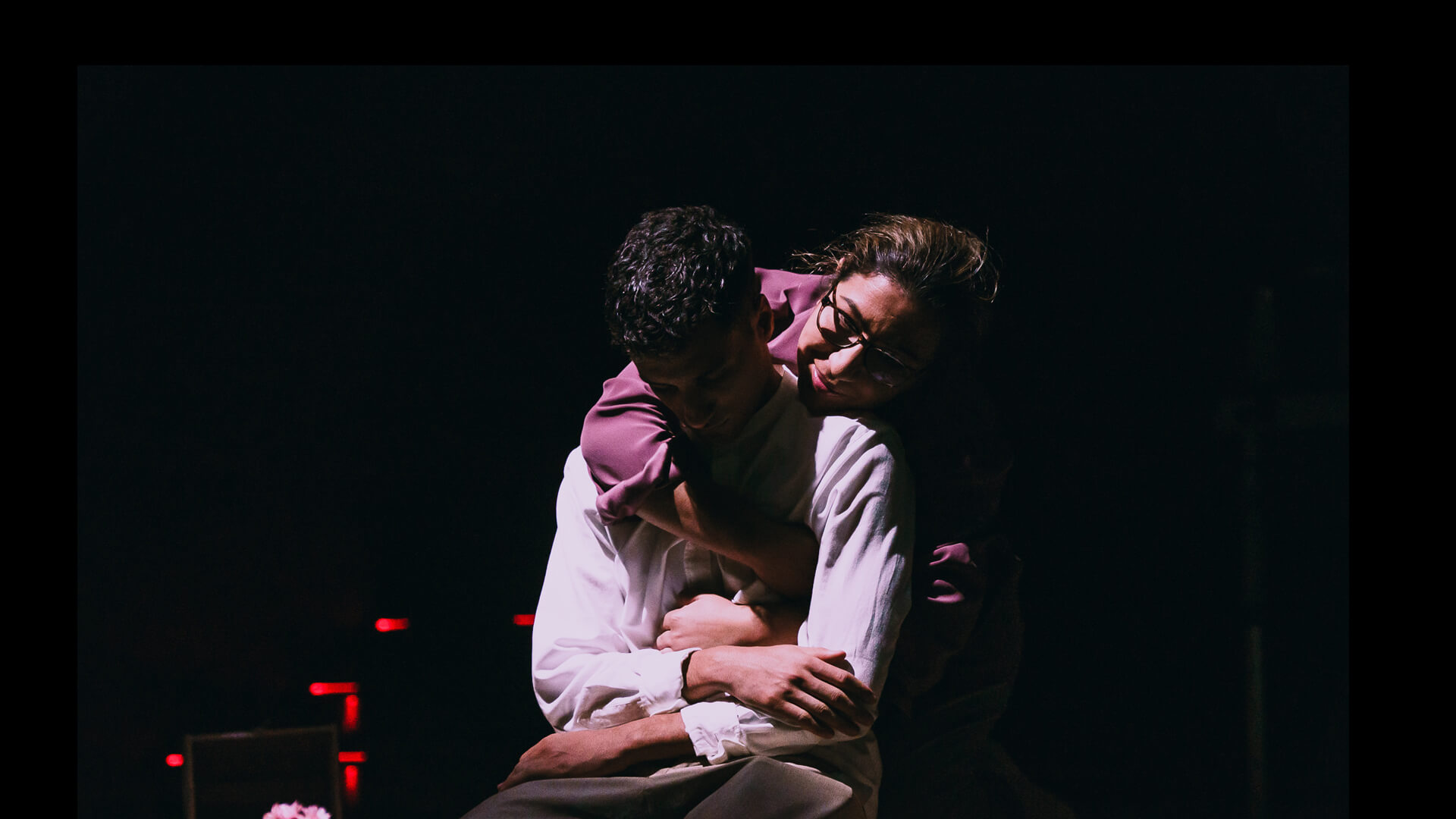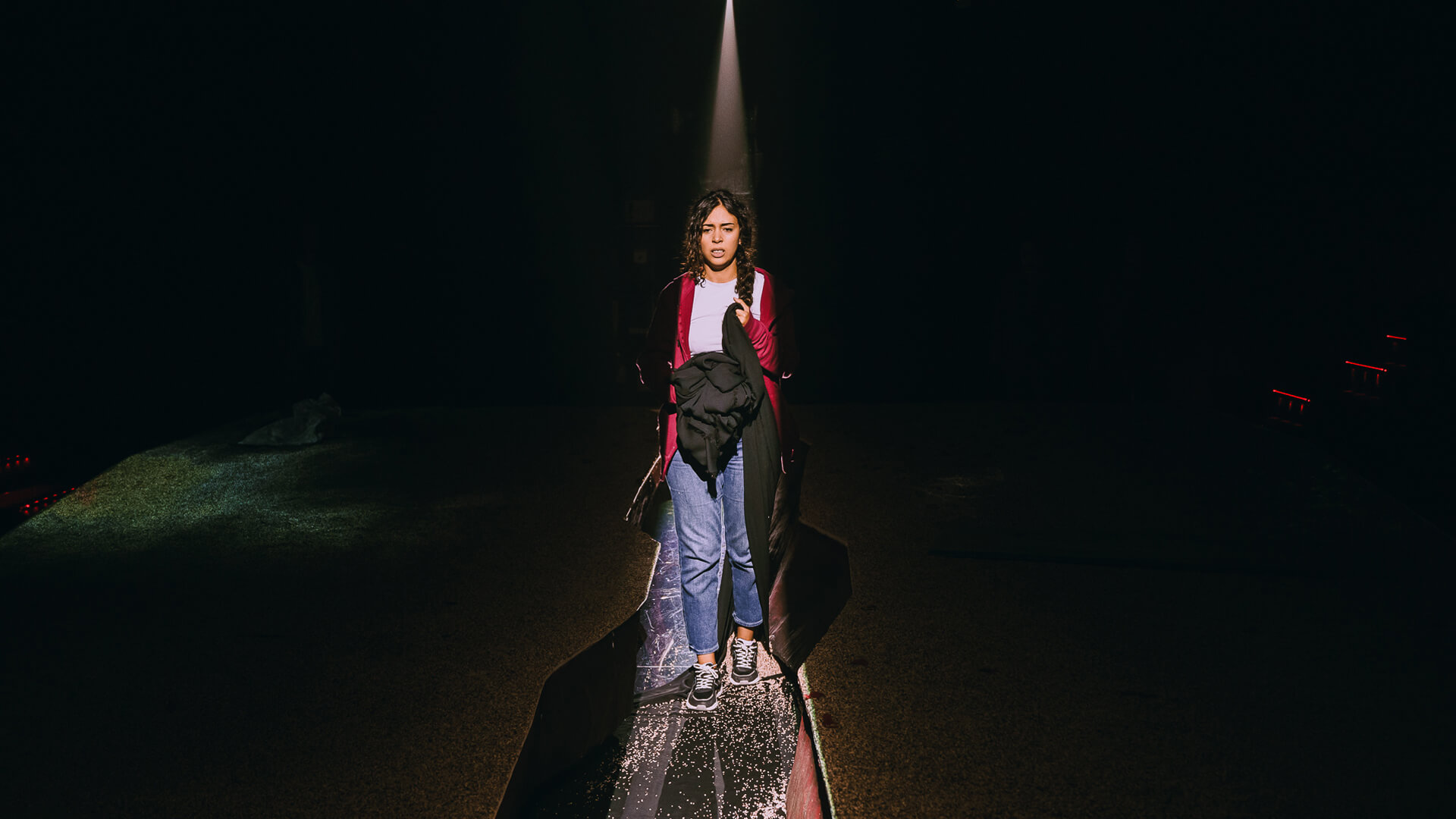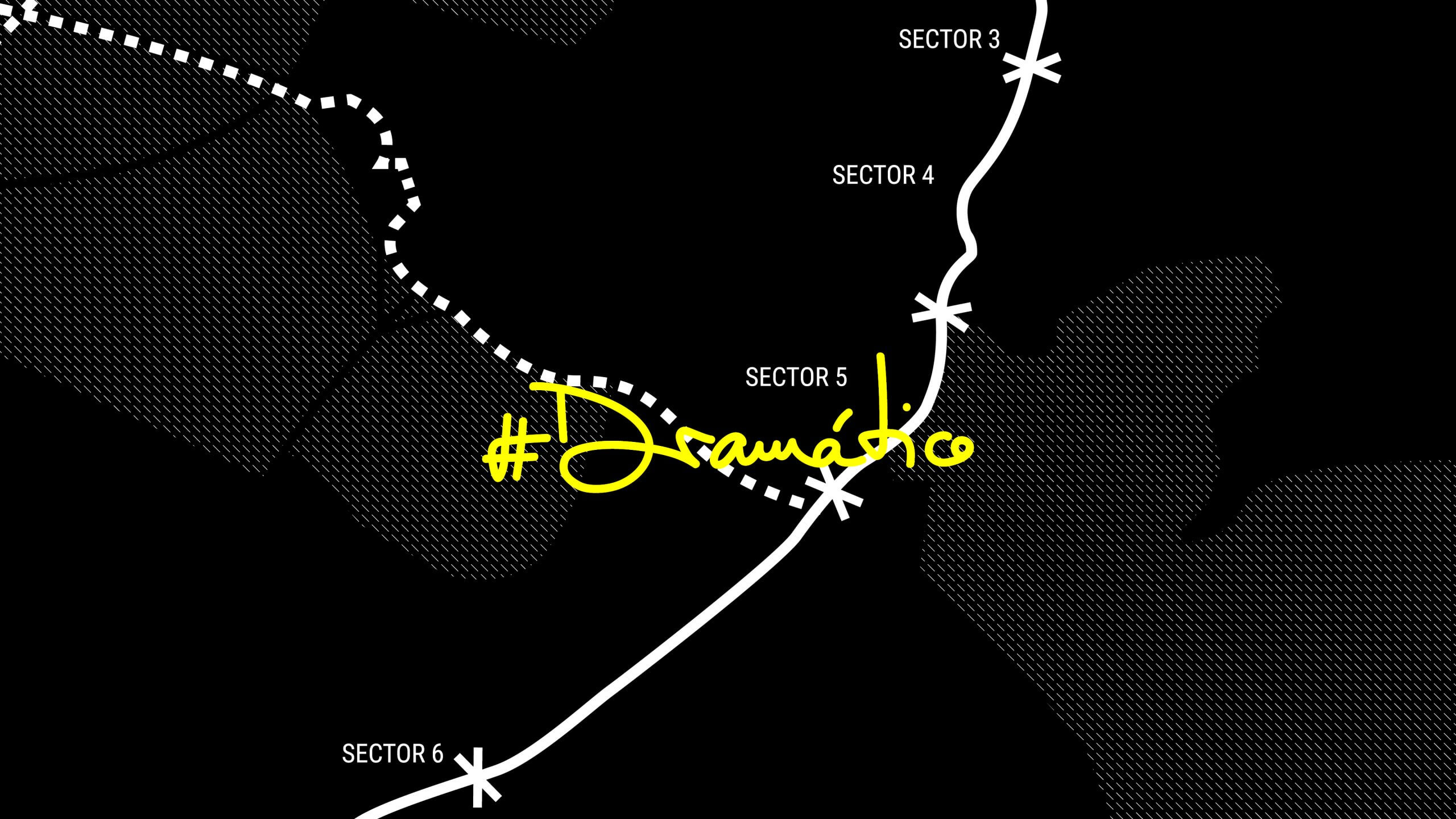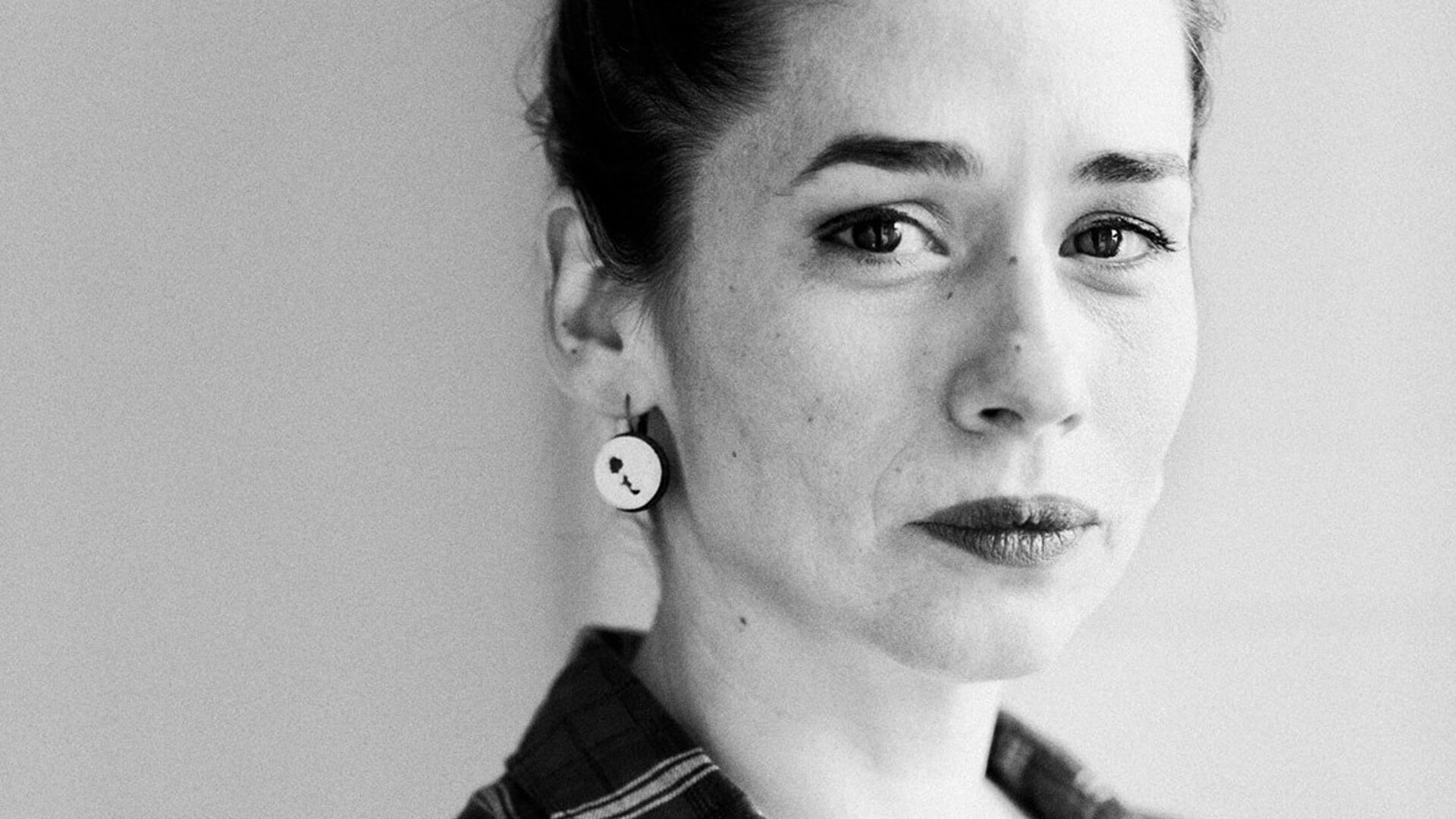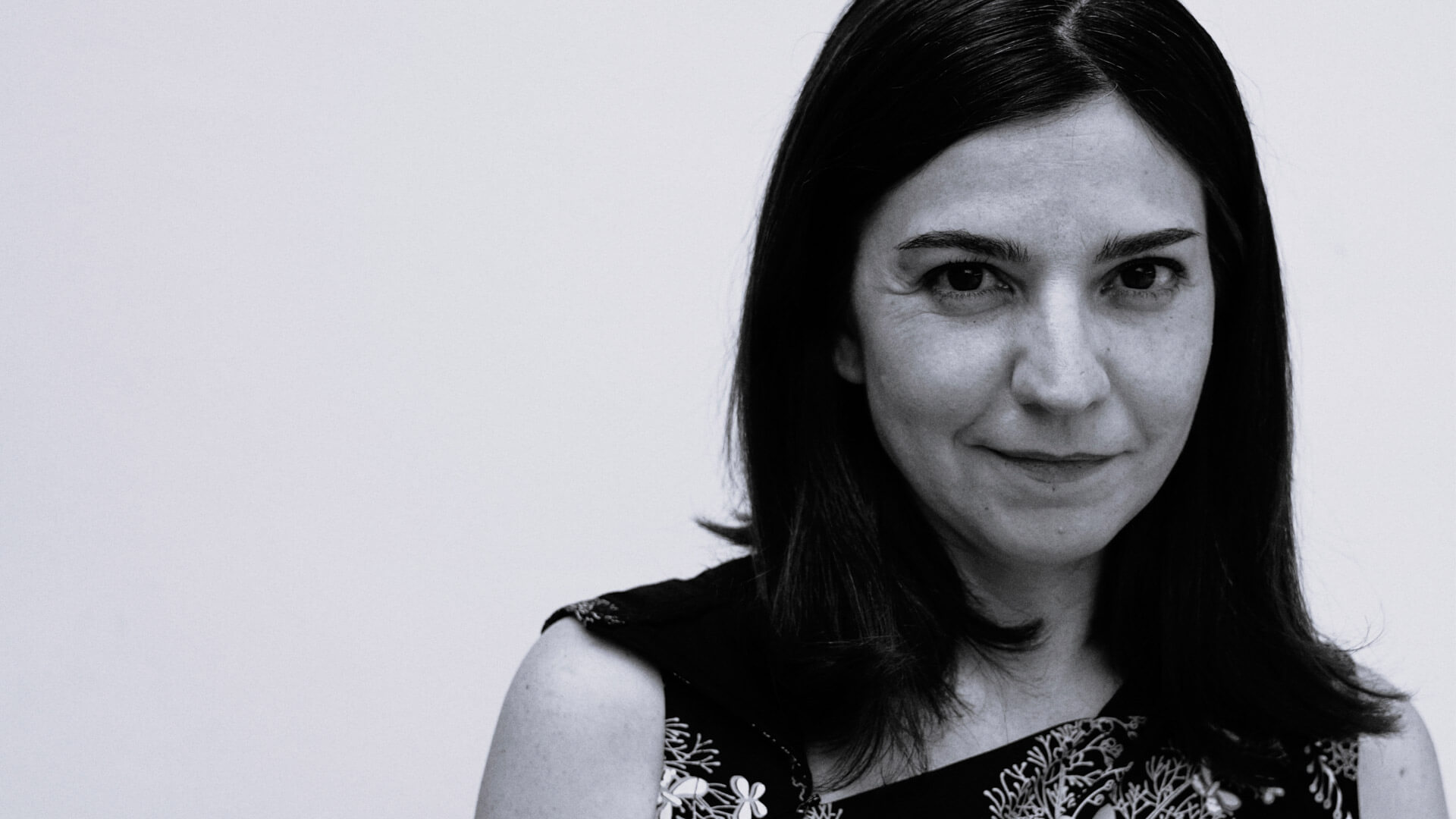Raquel Alarcón
Director, actress, philologist and theatrical pedagogue. After working as a journalist for more than a decade, Raquel trained at Cuarta Pared and later at Teatro de la Abadía, Grotowski Institute (Poland), Odin Teatret (Denmark) and Jerzy Grotowski’s Workcenter (Italy). She worked as an actress and teacher, especially in the field of theatrical research, between Spain, Italy, and Poland from 2012 to 2021. She is currently a teacher at Cuarta Pared.
View more
As a director, her latest works are Daniela Astor y la caja negra, based on the novel by Marta Sanz, adapted by Mónica Miranda; Sueños y Visiones of Rodrigo Rato, by Roberto Martín Maiztegui and Pablo Remón; The community mediation and theatre projects Cervantes de Boca en Boca, adapted by Denise Despeyroux and Eva Redondo; Todas Podemos Silbar, in collaboration with Félix Estaire; and Dramawalker Cañada Real, by Jorge Aznar, Alberto Conejero, Martín Maiztegui, Cristina Rojas and María Velasco. In addition, she has directed theatrical concerts, such as Il Teatrino delle meraviglie, by Cervantes, at the Marchesato Opera Festival in Saluzzo, and the 2021 Extraordinary Concert of Contemporary Music with ORTVE, at the Monumental; and the video creation piece Apuntes sobre realidad, for La Ventana del CDN.
© Elvira Megías


